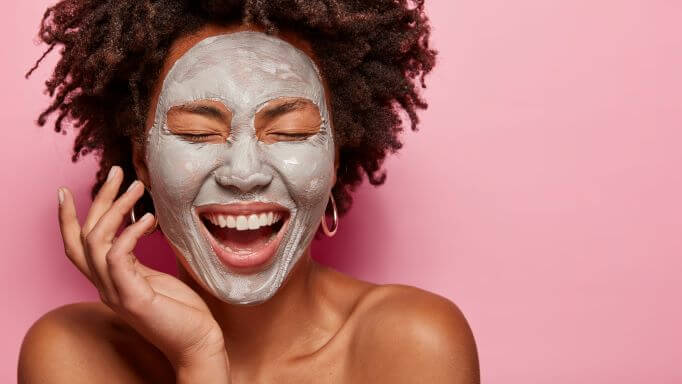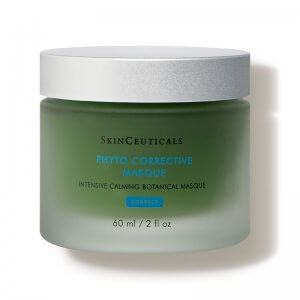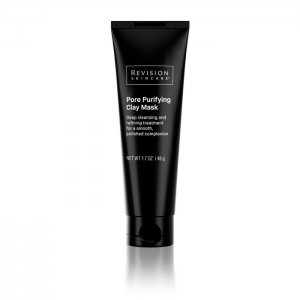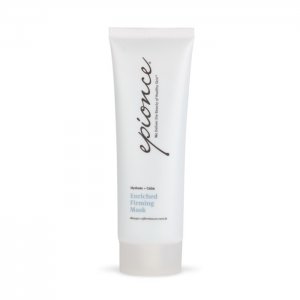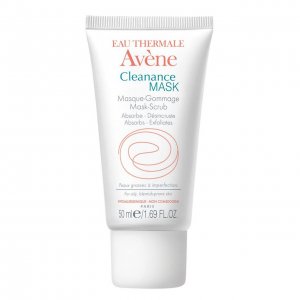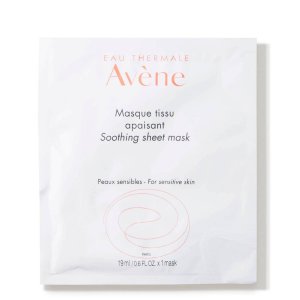Pictures and videos of people wearing face masks seemed to be everywhere during the pandemic. Including a face mask in your daily self-care routine started to feel like the norm for people managing higher-than-average stress levels. According to Dr. Jennifer Holman of the Center for Aesthetic and Laser Medicine in Tyler, Texas, “While most face masks are harmless to skin, many of them may not offer much benefit other than stress relief. However, choosing the right face mask can make a big difference in the health and vitality of the skin, and a good face mask can truly boost the effects of your regular skincare routine.” If you’re still on the fence about whether or not you should include a face mask in your skincare routine, keep reading to learn a bit more from Dr. Holman about the different types of face masks available and their benefits for skin health.
What Are Face Masks?
Face masks are skincare products that have highly concentrated ingredients specifically formulated to address concerns related to the skin’s health and appearance. Dr. Holman says, “A face mask can be used to achieve a wide range of skin health goals. They can hydrate, exfoliate, address uneven skin tone and texture, unclog pores, provide anti-aging benefits, and so much more. Whatever your specific skin type or skin care needs, there’s almost certainly a face mask that can boost your care routine.”
There are numerous types of face masks available. Some of the most common types that you’ll find readily available in beauty supply stores include:
- Gel masks – These multi-functional masks can be formulated to address a wide range of skincare concerns. Gel masks are typically lightweight and easily absorbed into the skin. They are ideal for people with oily or acne-prone skin. We recommend the Skinceuticals Phyto Corrective Mask.
- Cream masks – These masks are typically geared toward soothing and hydrating skin. The cream texture offers a moisture-rich boost to the skin. Often recommended during the winter months and for people with very dry skin. We like the Epionce® Enriched Firming Mask.
- Exfoliating masks – These face masks remove dead skin cells and promote healthy skin cell turnover rates, which is beneficial for people with acne-prone skin and those who want to reduce the appearance of fine lines and wrinkles. We recommend the Avéne Cleanance Mask.
- Clay masks –
Clay masks offer a gentle exfoliation, and they are typically formulated to draw out oils and impurities from the skin. They are beneficial for anyone to use, but they offer the biggest benefit for individuals with current acne breakouts. The Revision Skincare Pore Purifying Clay Mask is a favorite of our patients.
- Charcoal masks – Like clay masks, charcoal masks also help to remove dirt, oil, and impurities from the surface of the skin and deep within pores. Charcoal masks are often recommended for individuals with oily or acne-prone skin.
- Warming masks – These masks are a great option for people who are feeling stressed and seeking a little extra relaxation. Using spices and other chemical ingredients, warming masks cause the skin to heat up and feel warm. In addition to offering a relaxation benefit, these face masks typically increase blood flow and leave skin looking brighter. They are not recommended for individuals who have sensitive skin as the warming response can be much more intense and can lead to irritation and inflammation.
- Sheet masks – As the name indicates, sheet masks are face masks that are applied through a sheet placed directly onto the skin. Like other face masks, sheet masks are available in a wide range of formulas for a variety of uses. They can be a great way to add a quick face mask application to your routine, and they help promote an even product application. Keep in mind that the neck and decollete (top of the chest) are not usually treated with this type of mask. Try the Avéne Soothing Sheet Mask.
Shop all face masks on dermskincare.com »
How Do Face Masks Help Skin?
According to Dr. Holman, “The specific ways that face masks help skin will depend, in large part, on the type of face mask you use. No two face masks are exactly alike, and no two people have the same skincare goals, so it’s important to find a face mask that addresses your specific skin health concerns. If you’re in doubt about which type of face mask to use, chat with your dermatologist to get a personalized recommendation.”
The main benefit of a face mask is its occlusive property. Serums and spot treatments used throughout the week address specific concerns. For instance, vitamin C serums are used to protect the skin from free radical damage caused by the sun’s UVA and UVB rays, and retinols help promote cell turnover and minimize the appearance of fine lines and wrinkles. These products are great, but they need to be fully absorbed into the skin to be optimally effective. Unfortunately, most of these products do not absorb fully even if they’re applied properly as part of a daily skincare routine. That’s where the occlusive properties of face masks offer an added benefit. ‘Occlusive’ means that face masks create a barrier over the skin (that’s why they’re called masks), which allows the active ingredients to have plenty of time to fully absorb into the skin.
In addition to allowing specific ingredients to absorb more fully into the skin, other benefits of face masks that are specific to the type of face mask include:
- Boosting skin hydration and promoting continued hydration throughout the day
- Unclogging and refining pores
- Creating even skin tone and texture
- Removing excess oils
- Decreasing the appearance of fine lines and wrinkles
- Promoting skin elasticity
- Improving the appearance of blemishes
- Reducing the length and severity of active acne breakouts
- Increasing skin brightness and vitality
When Should I Apply a Face Mask in My Skincare Routine?
Face masks should be applied after cleansing and toning skin but before moisturizing. According to Dr. Holman, “In most cases, I tell my patients to think of their face mask as a replacement for their serums and spot treatments once or twice a week. Like serums, face masks typically include concentrated levels of active ingredients that need to be thoroughly absorbed into the skin to have the most impact, so I recommend applying face masks after cleansing the skin and applying toner when the skin is free from impurities and excess oils that may block pores and make it more difficult for the face mask to be completely absorbed.” Applying face masks is simple. Start by spreading the face mask evenly over the face, neck, and decollete. Allow the face mask to be absorbed into the skin for five to ten minutes or as long as is recommended for your specific face mask. After the face mask is absorbed, use a cool, damp cloth to gently remove the product from the skin. Pat dry and apply moisturizer as usual.
How Often Should I Include a Face Mask in My Skincare Routine?
Dr. Holman recommends, “Most face masks are designed to be used once or twice a week. Depending on the type of face mask you’re using and your skincare goals, you may need to use the face mask more or less often. When in doubt, read the directions that come with your face mask or talk to your dermatologist for specific recommendations.”
Should I Receive Professional Face Masks?
In addition to at-home face masks, you may also want to talk to your dermatologist about including in-office facial treatments to improve your skin’s health and appearance. You can learn more about in-office dermatologic treatments or schedule a consultation with one of the knowledgeable dermatologists at U.S. Dermatology Partners by filling out our online scheduling request. We look forward to hearing from you.
Find a location near me
or

